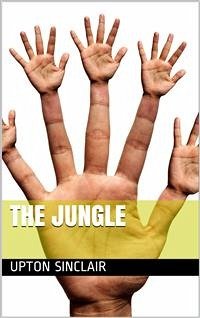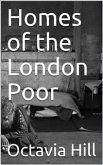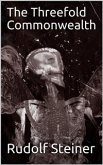The Jungle is a 1904 novel written by the American journalist and novelist Upton Sinclair (1878–1968). Sinclair wrote the novel to portray the harsh conditions and exploited lives of immigrants in the United States in Chicago and similar industrialized cities. His primary purpose in describing the meat industry and its working conditions was to advance socialism in the United States. However, most readers were more concerned with his exposure of health violations and unsanitary practices in the American meatpacking industry during the early 20th century, greatly contributing to a public outcry which led to reforms including the Meat Inspection Act. Sinclair famously said of the public reaction, "I aimed at the public's heart, and by accident I hit it in the stomach." The book depicts working-class poverty, the lack of social supports, harsh and unpleasant living and working conditions, and a hopelessness among many workers. These elements are contrasted with the deeply rooted corruption of people in power. A review by the writer Jack London called it "the Uncle Tom's Cabin of wage slavery." Sinclair was considered a muckraker, or journalist who exposed corruption in government and business. In 1904, Sinclair had spent seven weeks gathering information while working incognito in the meatpacking plants of the Chicago stockyards for the newspaper. He first published the novel in serial form in 1905 in the Socialist newspaper Appeal to Reason and it was published as a book by Doubleday in 1906. The main character in the book is Jurgis Rudkus, a Lithuanian immigrant trying to make ends meet in Chicago. The book begins with his wife Ona and his wedding feast. He and his family live near the stockyards and meatpacking district where many immigrants, who do not know much English, work. He takes a job at Brown's slaughterhouse. Jurgis had thought the US would offer more freedom, but he finds working conditions harsh. He and his young wife struggle to survive. They fall deeply into debt and are prey to con men. Hoping to buy a house, they exhaust their savings on the down payment for a substandard slum house, which they cannot afford. The family is eventually evicted after their money is taken.
Bitte wählen Sie Ihr Anliegen aus.
Rechnungen
Retourenschein anfordern
Bestellstatus
Storno









